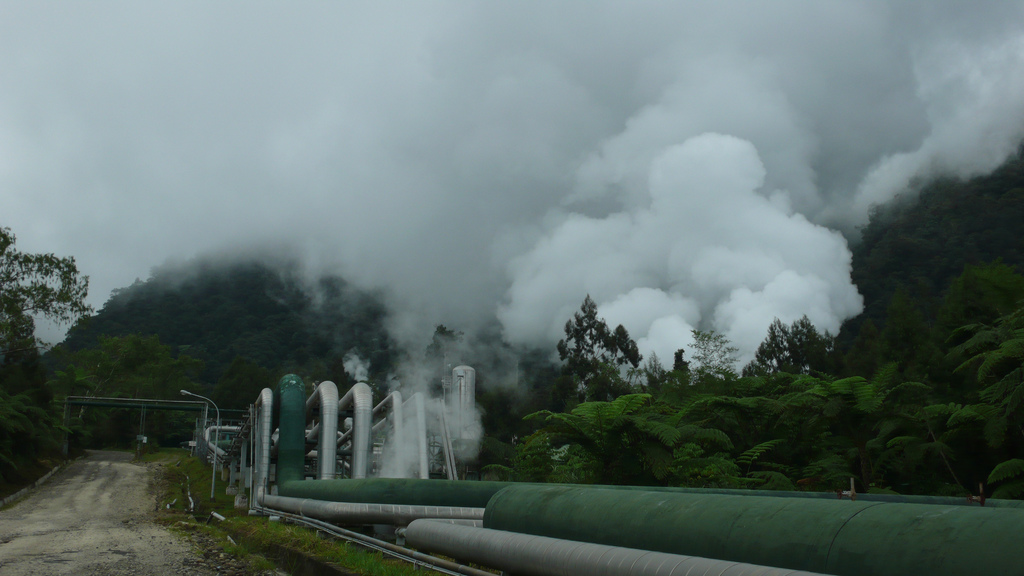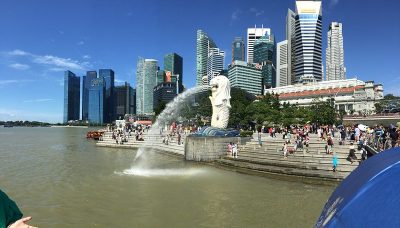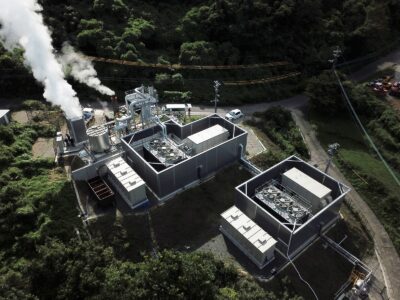Philippine lawmakers considering Gov. backed power generation
There is a momentum which aims to reform the Electric Power Industry Reform Act to allow the government to generate and sell power form renewables and serve areas in dire need of electricity.
Amid the current energy problem especially in Mindanao, two lawmakers sought the amendment of the Electric Power Industry Reform Act (EPIRA) to allow the government to generate and sell power or electricity from renewable energy sources and incur obligations to purchase power through bilateral contracts with generation companies or other suppliers.
The amendment of Republic Act 9136, otherwise known as the EPIRA Law of 2001, was proposed by Reps. Rufus Rodriguez (2nd District, Cagayan de Oro City) and his younger brother Maximo Rodriguez (Party-list, Abante Mindanao) in House Bill 4422.
The lawmakers brought up a previous statement of the Association of Mindanao Rural Electric Cooperatives that the rotating brownouts are “largely the effect of EPIRA” and are “largely a power generation issue caused by the provision in the EPIRA which does not allow the government to put up additional power generation capacity.”
In the EPIRA, Paragraph (j) of Section 47 provides the National Power Corporation (NPC) may generate and sell electricity only from the undisposed generating assets and IPP contracts of PSALM Corp. and shall not incur any new obligations to purchase power through bilateral contracts with generation companies or other suppliers.
The lawmakers proposed through HB 4422 that “The government through the NPC or any other government-owned or –controlled corporation (GOCC) shall be authorized to generate and sell power or electricity to generate from renewable energy sources as defined in RA 9513, otherwise known as the ‘Renewable Energy Act of 2008,’ and to incur new obligations to purchase power through bilateral contracts with generation companies or other suppliers.”
According to the solons, it is high time the government seriously focuses on generating other sources or energy in light of the present energy problem and in line with RA 9513’s emphasis for the State to accelerate and develop renewable energy resources.
The elder Rodriguez said RA 9513 provides it is the policy of the State to “accelerate the exploration and development of renewable energy resources such as, but not limited to biomass, solar, wind, hydro, geothermal and ocean energy sources, including hybrid systems, to achieve energy self-reliance, through the adoption of sustainable energy development strategies to reduce the country’s dependence on fossil fuels and thereby minimize the country’s exposure to price fluctuations in the international market, the effects of which spiral down to almost all sectors of the economy.”
“It is therefore imperative that all avenues be considered when it comes to renewable energy,” said Rodriguez.
He cited a Department of Energy (DOE) report on the 2013 power supply-demand outlook, which noted that the Mindanao grid has been experiencing “undergeneration” since 2001. It also said half of the region’s plants are hydroelectric and depends on “the availability of water and affected by weather conditions.” More so, Mindanao needs 1,600 megawatts of additional power to “meet the electricity demand and the required reserve margin of the grid.”
“These very dark projections can actually be already felt on the island as parts of Mindanao are now suffering from 10 to 12 hours of rotating power blackouts,” said Rodriguez.
Rodriguez lamented there has been no dramatic improvement in Mindanao’s power situation since the DOE issued its outlook. The DOE also had reported the region’s power supply of 1,064 MW was 158 MW short of its peak demand of 1,222 MW according to Rodriguez.
He said Dr. Gerardo Sicat, former director-general of the National Economic and Development Authority (NEDA) already warned about such situation as early as 2012 when he said the electricity problem in Mindanao “has been a crisis waiting to happen.”
In his paper, Sicat put the blame on the government, which he said “did not pursue the series of long-term actions required to solve the power development problems of Mindanao.”
Sicat also blamed the EPIRA Law, which mandated that privatization of government-run power plants and prohibited the government from entering into power generation.
Source: Rowena B. Bundang, House of Representatives of The Philippines Website


















